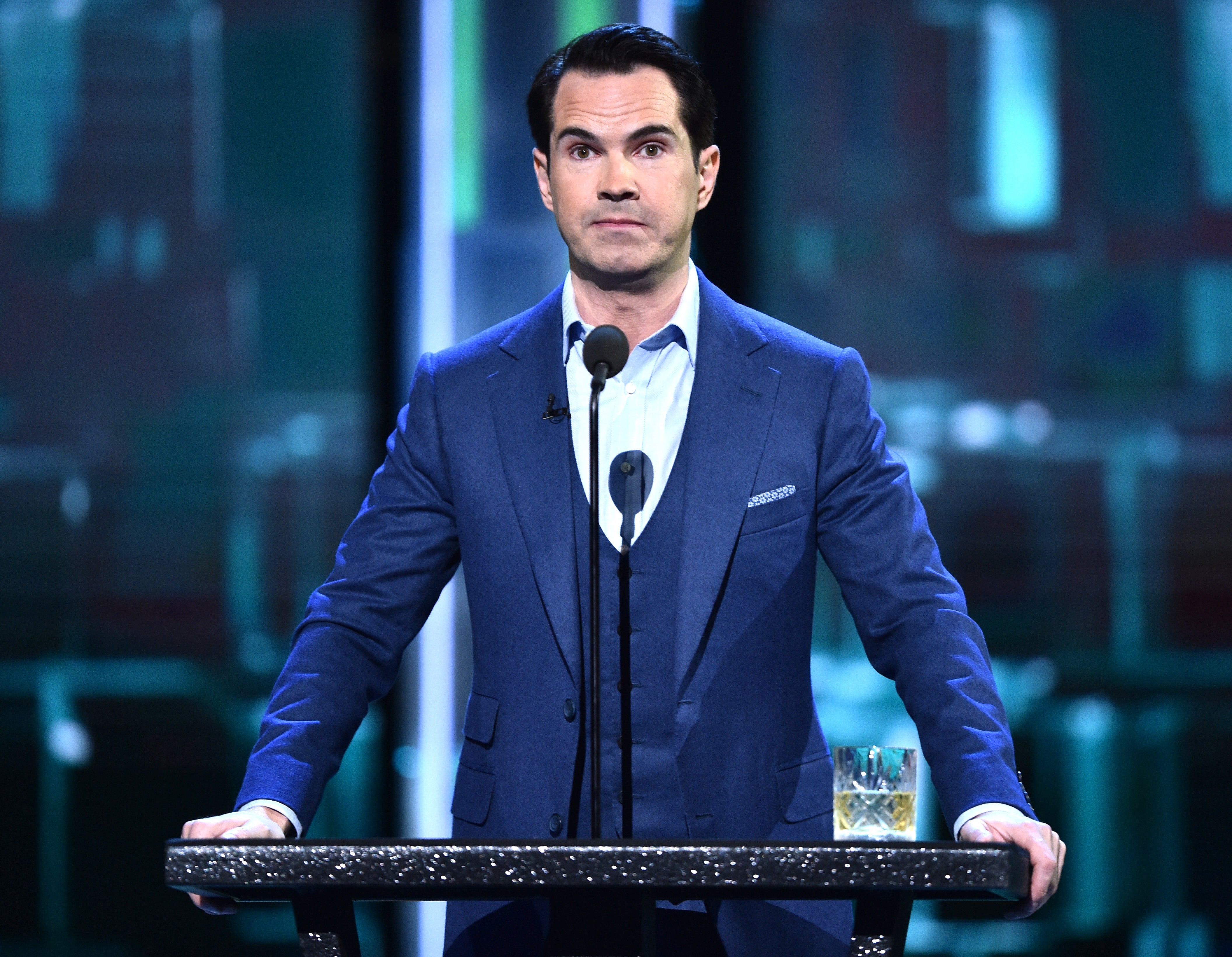Gypsies are one of the most vulnerable groups in society – why are we still ignored?
It’s almost as if we’ve hit a point where we know there are racial inequalities, but we’re going to pick and choose which ones we want to challenge


Your support helps us to tell the story
From reproductive rights to climate change to Big Tech, The Independent is on the ground when the story is developing. Whether it's investigating the financials of Elon Musk's pro-Trump PAC or producing our latest documentary, 'The A Word', which shines a light on the American women fighting for reproductive rights, we know how important it is to parse out the facts from the messaging.
At such a critical moment in US history, we need reporters on the ground. Your donation allows us to keep sending journalists to speak to both sides of the story.
The Independent is trusted by Americans across the entire political spectrum. And unlike many other quality news outlets, we choose not to lock Americans out of our reporting and analysis with paywalls. We believe quality journalism should be available to everyone, paid for by those who can afford it.
Your support makes all the difference.As a member of the Traveller community, I’ve been told my whole life to shield who I am from the outside world. My parents, my mum especially, would always tell my siblings and I how people would see and treat us differently once they knew of our heritage. Growing up on council estate in southeast London in the early 2000s, I didn’t see myself as any different to anyone else.
When I was around nine years old, I lost my first “friend” because of my heritage. I didn’t understand. I lived in a house with my married parents, just like she did. How could I be so different? And not only different, but bad. How could who I am be so bad that she could not speak to me again?
It is not right for any child to have to comprehend that they are not worthy of another child’s friendship because of their race. We do not choose the family or heritage we are born into, yet we have to suffer with the lifelong consequences of inequality. After that point, I began to shut out everyone else around me. While I could not deny who I was, I could hide it to the best of my abilities. It wasn’t until I was about 19 that I started being more vocal about my identity.
I am fortunate and privileged that I do not, usually, receive any racist comments to my face. For the most part, I look white and I know this protects me from a lot. However, it doesn’t protect me from indirect racism – which, unfortunately, happens a lot. I’ve been in countless situations where my friends, colleagues and even romantic partners have made racist comments about Travellers. They do not realise the person standing next to them is a part of the group they’re insulting.
Recently, someone referred to me as a “fringe member” of the Traveller community. By this, I’m assuming they mean that I live in a house and don’t have a big, fat wedding to go to every week. Oh, and I don’t wander down country lanes with a tambourine, so I guess I am a “fringe member”.
My point is that if these insults were made to another disadvantaged group, they would be shut down, and rightly so. I couldn’t imagine anyone referring to someone who is mixed race as a fringe person of colour. Or that someone who is bisexual is not quite gay enough to be a full, legitimate member of the LGBT+ community. It’s absolute nonsense.
While movements like Black Lives Matter continue to thrive, the Gypsy community faces increasingly aggressive stigma from wider society. Only a few months ago, we heard comedian Jimmy Carr referring to the “positive” of the Holocaust being the brutal slaughter of 500,000 Roma and Sinti people.
To keep up to speed with all the latest opinions and comment, sign up to our free weekly Voices Dispatches newsletter by clicking here
While there was instant outrage from the community and external allies, there have been no consequences for Jimmy’s words. The whole situation seemed to blow over after a weekend, and it was done with. Again, I cannot state the importance of how different society’s reaction to this would have been had it been about another minority group.
It’s almost as if we’ve hit a point where we know there are racial inequalities, but we’re going to pick and choose which ones we want to challenge. There’s also the ongoing issue that many people do not consider Gypsies as a race or group of people, so therefore, you can’t discriminate against them.
In turn, we leave the most vulnerable groups even more marginalised and silenced than they already were. While living in a world that actively shuns racism, society does not see Gypsies. It does not hear Gypsies. And when people do, they don’t care enough to take any form of progressive action.
Join our commenting forum
Join thought-provoking conversations, follow other Independent readers and see their replies
Comments